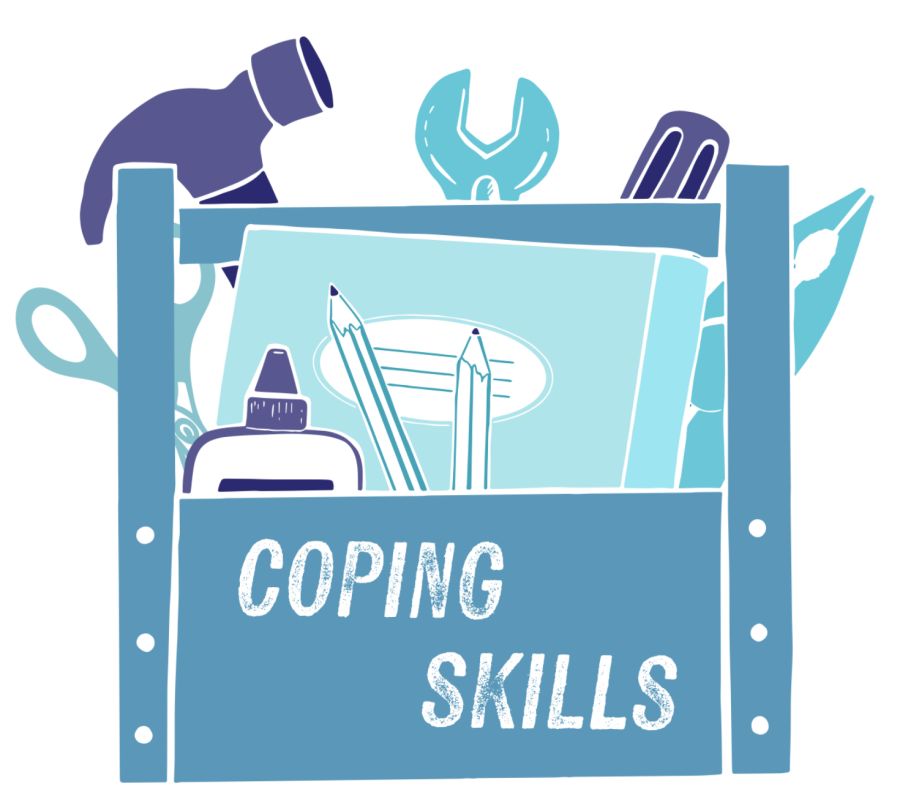Dyslexia Facts and Statistics
Published —
 October is Dyslexia Awareness Month. To raise awareness and dispel misconceptions about Dyslexia, we have compiled a list of facts and statistics about Dyslexia.
October is Dyslexia Awareness Month. To raise awareness and dispel misconceptions about Dyslexia, we have compiled a list of facts and statistics about Dyslexia.
- It is estimated that 1 in 10 people have dyslexia
- Over 40 million American Adults are dyslexic - and only 2 million know it
- Dyslexia is not tied to IQ - Einstein was dyslexic and had an estimated IQ of 160
- Dyslexia in not just about getting letters or numbers mixed up or out of order
- 80% of people associate dyslexia with some form of retardation - this is not true
- Dyslexia is a language-based learning disability or disorder that includes poor word reading, word decoding, oral reading fluency and spelling
- Dyslexia occurs in people of all backgrounds and intellectual levels
- Dyslexia has nothing to do with not working hard enough
- 20% of school-aged children in the US are dyslexic
- With appropriate teaching methods, dyslexia can learn successfully
- Over 50% of NASA employees are dyslexic
- Dyslexia runs in families; parents with dyslexia are very likely to have children with dyslexia
- Dyslexics may struggle with organizational skills, planning and prioritizing, keeping time, concentrating with background noise.
- Dyslexis may excel at connecting ideas, thinking out of the box, 3D thinking, seeing the big picture
- People with dyslexia excel or even gifted in areas of art, computer science, design, drama, electronics, math, mechanics, music, physics, sales and sports
- Many famous people are dyslexic including: Orlando Bloom, Whoopi Goldberg, Stephen Spielberg, Kiera Knightley. Albert Einstein and Patrick Dempsey
SOURCES: American Dyslexia Association, The International Dyslexia Association, The Dyslexia Center, The Dyslexia Foundation, The Child Mind Institute
Related Articles That Might
Interest You

Neurodivergent Special Interest
Although special interests are most commonly found in those with Autism Spectrum Disorder, they act…

Coping Skill( CBT techniques and DBT techniques)
When it comes to coping skills, there are two popular techniques that are often taught. They are Co…

Directions and the Neurodivergent Brain
The neurodivergent brain is a beautiful thing full of contradictions and curiosities. Each neurotyp…